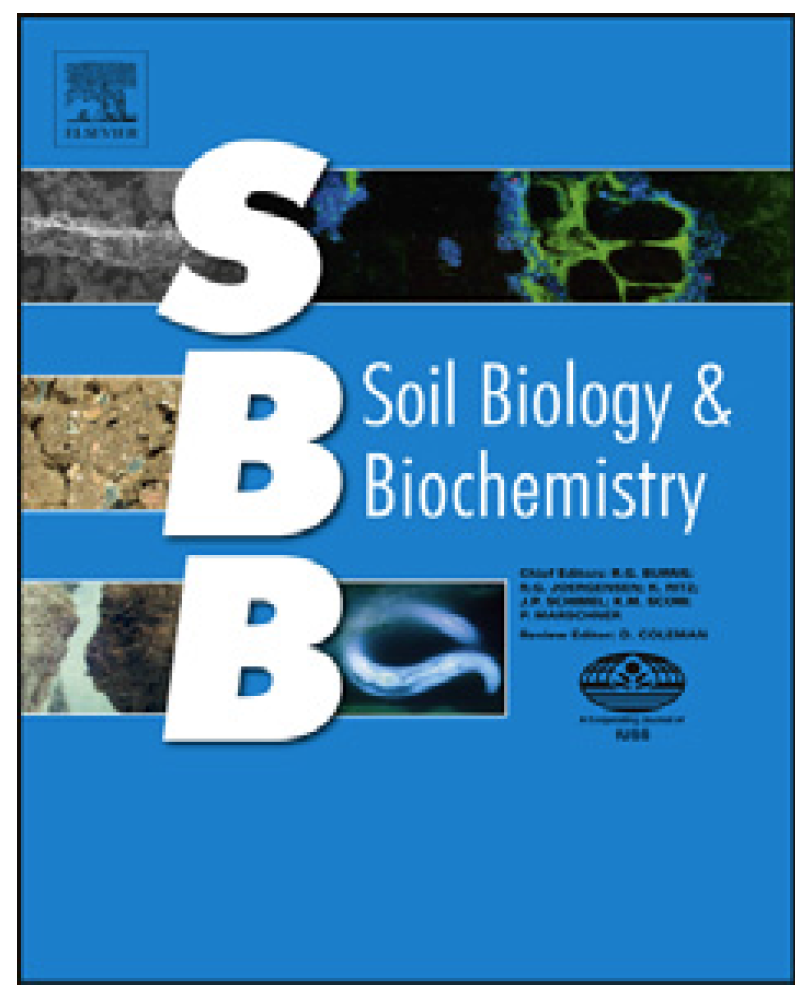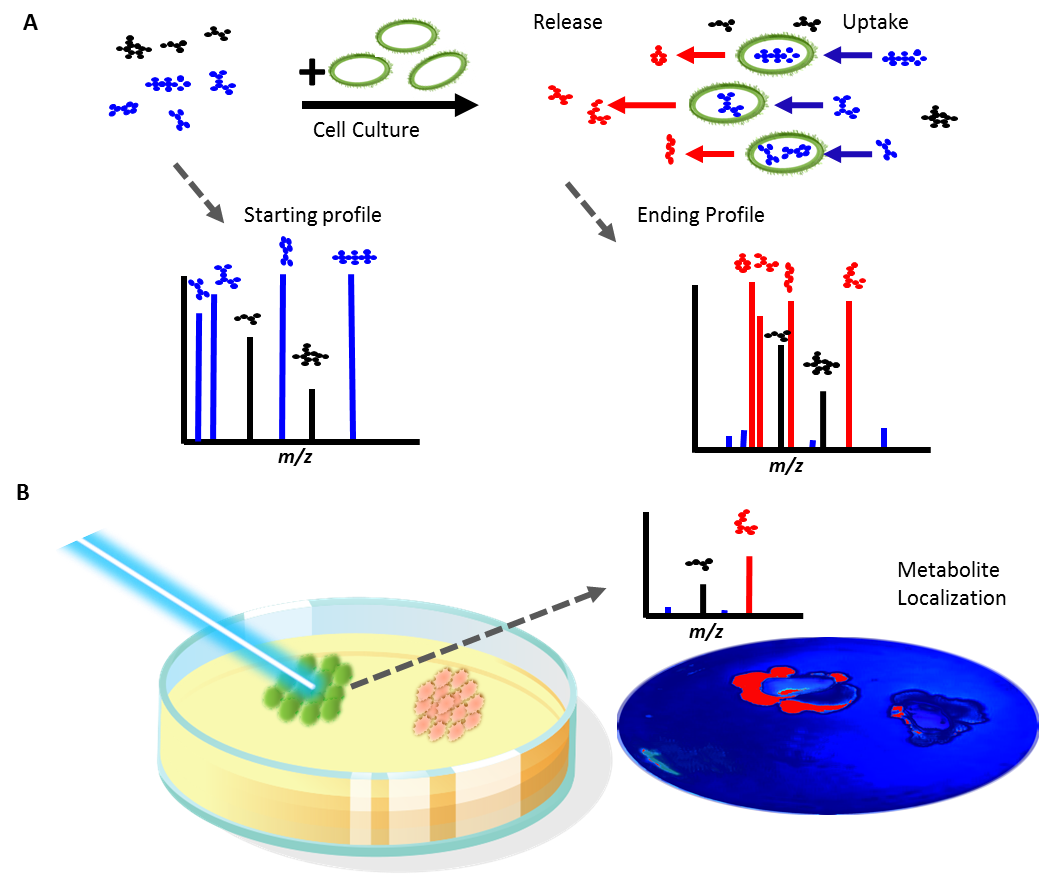The importance of understanding microbe-plant interactions is becoming ever more important with the growing need for more sustainable agriculture and for building healthy soils. Lab and field studies have historically focused on simple lab consortia or complex natural microbiomes. In these approaches, there exists numerous challenges, specifically in the reproducible nature of the experiments. Thus, there exists a need for a standardized platform to study model ecosystem in the lab environment. In a recent publication, Gao, et al, describes the design, construction and utility of a novel fabricated ecosystem device, the EcoFAB. With EcoFAB, researchers across labs will have the capability to study model ecosystems in a way that attains observability, reproducibility, controllability and ecosimilarity all in one device. The JoVE video below describes the fabrication process and a few applications of the EcoFAB devices.
You may also like
Understanding microbial metabolite cycling in soils using novel metabolomics approaches Trent Northen, Staff Scientist Lawrence Berkeley National Laboratory Berkeley, CA To improve […]
The role that pharmaceutical antibiotics play within the producing organism has remained a largely unexplored field as the research focus has mainly […]
In this article we describe the development of a simple soil metabolomics workflow and a novel spike recovery approach for the analysis […]
Here we review exometabolomics approaches and applications to show how this simple technique can provide critical insights into phenotypes, cellular interactions and […]




